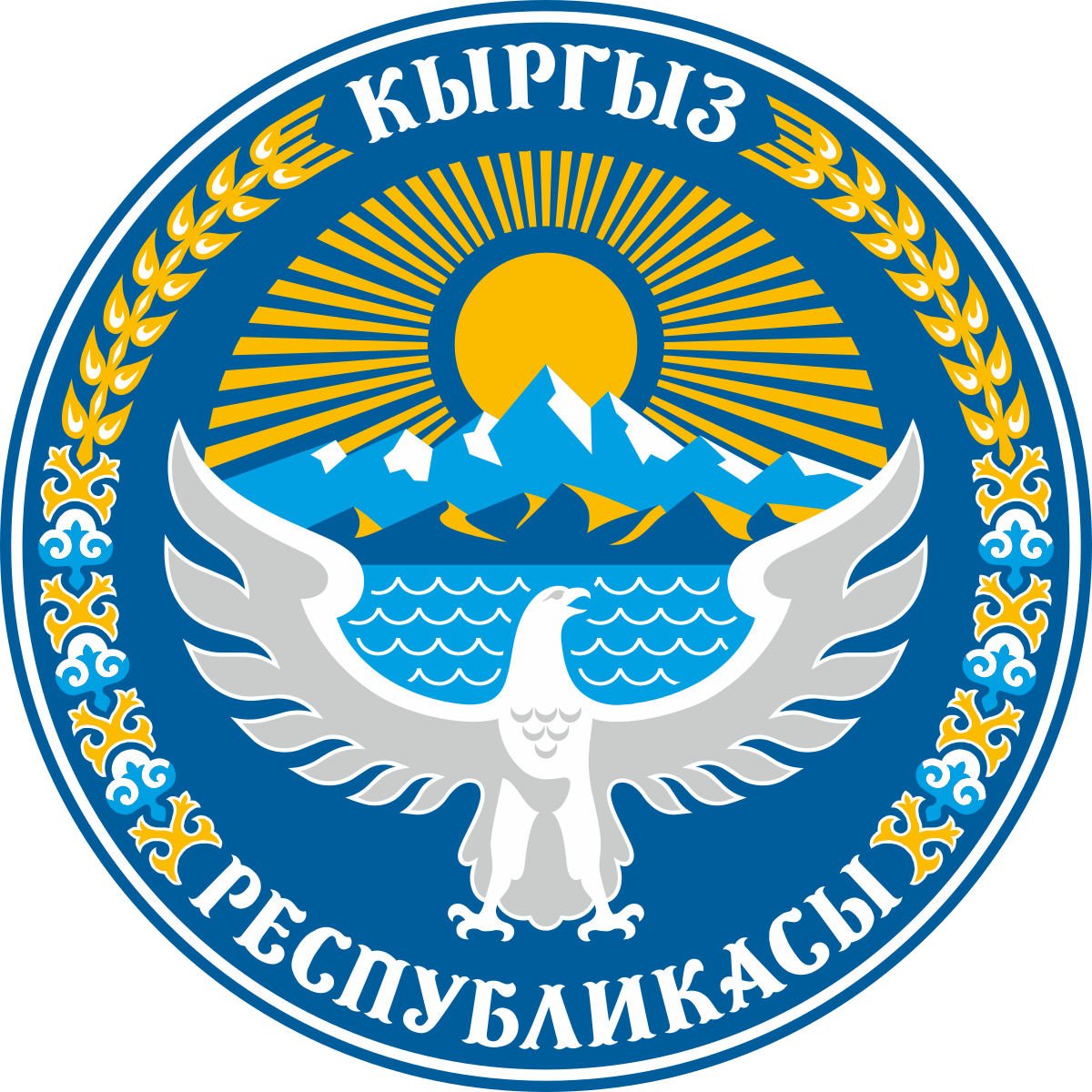A Central Asian country of incredible natural beauty and proud nomadic traditions, most of the territory of present-day Kyrgyzstan was formally annexed to the Russian Empire in 1876. The Kyrgyz staged a major revolt against the Tsarist Empire in 1916 in which almost one-sixth of the Kyrgyz population was killed. Kyrgyzstan became a Soviet republic in 1936 and achieved independence in 1991 when the USSR dissolved. Nationwide demonstrations in the spring of 2005 resulted in the ouster of President Askar AKAEV, who had run the country since 1990. Former Prime Minister Kurmanbek BAKIEV overwhelmingly won the presidential election in the summer of 2005. Over the next few years, he manipulated the parliament to accrue new powers for the presidency. In July 2009, after months of harassment against his opponents and media critics, BAKIEV won reelection in a presidential campaign that the international community deemed flawed. In April 2010, violent protests in Bishkek led to the collapse of the BAKIEV regime and his eventual flight to Minsk, Belarus. His successor, Roza OTUNBAEVA, served as transitional president until Almazbek ATAMBAEV was inaugurated in December 2011, marking the first peaceful transfer of presidential power in independent Kyrgyzstan's history. Continuing concerns include: the trajectory of democratization, endemic corruption, poor interethnic relations, border security vulnerabilities, and potential terrorist threats.
Under the 2010 Constitution, ATAMBAEV is limited to one term, which will end in 2017. Constitutional amendments passed in a referendum in December 2016 include language that transfers some presidential powers to the prime minister. Disagreement over the constitutional amendments compelled ATAMBAEV’s ruling Social Democratic Party of Kyrgyzstan to dissolve and create a new majority coalition in the Jogorku Kengesh that excluded opposition parties critical of the amendments.
Kyrgyzstan is a parliamentary republic.
Source: CIA World Factbook
Members:
Resources
Displaying 76 - 80 of 85Ministerial Decree No. 252 validating the Regulation on management of water fund land.
This Ministerial Decree establishes that water fund land shall be considered public land occupied by waterbodies (rivers, lakes, water reservoirs, channels, waterworks) and also land along shoreline of waterbodies and water conservation zones. Water fund land shall be used for rational use, conservation and improvement of water resources. Water fund land shall be allotted for open-ended or temporary (for the period from 5 to 10 years) tenancy by decision of local administration or government.
Ministerial Decree No. 271 validating the Regulation on water conservation zones and water belts.
This Ministerial Decree establishes the modalities of establishment of water conservation zones and water belts, management of land of water conservation zones and water belts, and also responsibility for keeping thereof. Boundaries of water conservation zones and water belts shall be established with the consideration of physical, geographic, soil, hydrogeological conditions, and purposeful use of waterbodies and also with the consideration of the interests of water users. The aforesaid boundaries shall be mapped.
Law No. 21-I amending Law of the Republic of Kyrgyzstan on Water.
Article 11 shall be amended to add the following wording: “establishes the modalities of allotment of water fund lands and lease thereof”.
Amends: Law of the Republic of Kyrgystan on Water. (1994-01-14)
Order No. 81 of the State Agency for Registration of Immovable Property Rights validating the Regulation on supervision over land tenure and land protection by chief land inspectors.
This Order establishes that officials of land survey service shall be at the same time state land inspectors. In the process of inspection state land inspectors shall control availability of land certificates and shall ensure remedial actions for the removal of the violations of land legislation. Annexes contain inspection reports.
Decree No. 72 of the State Land Cartographic Committee validating the Regulation on land inspection.
This Decree establishes that land inspection shall be autonomous institution within the State Land Cartographic Committee. Land inspection shall carry out the following tasks: (a) enforcement of land legislation; (b) detection of unused or irrationally used land; (c) supervision over quality of land monitoring; (d) supervision over soil improvement arrangements; and (e) coordination of land survey.


